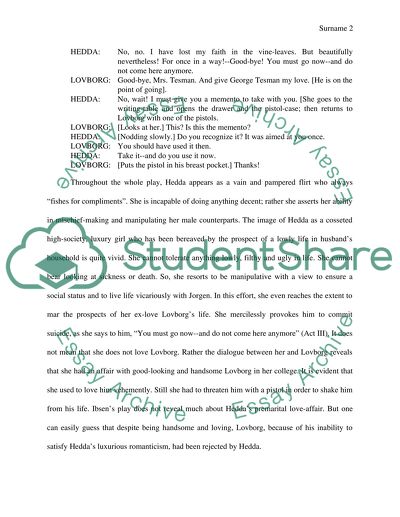Cite this document
(“A Critical Analysis of Sympathetically Unsympathetic - Character of Essay”, n.d.)
Retrieved from https://studentshare.org/literature/1470803-hedda-gabler
Retrieved from https://studentshare.org/literature/1470803-hedda-gabler
(A Critical Analysis of Sympathetically Unsympathetic - Character of Essay)
https://studentshare.org/literature/1470803-hedda-gabler.
https://studentshare.org/literature/1470803-hedda-gabler.
“A Critical Analysis of Sympathetically Unsympathetic - Character of Essay”, n.d. https://studentshare.org/literature/1470803-hedda-gabler.


